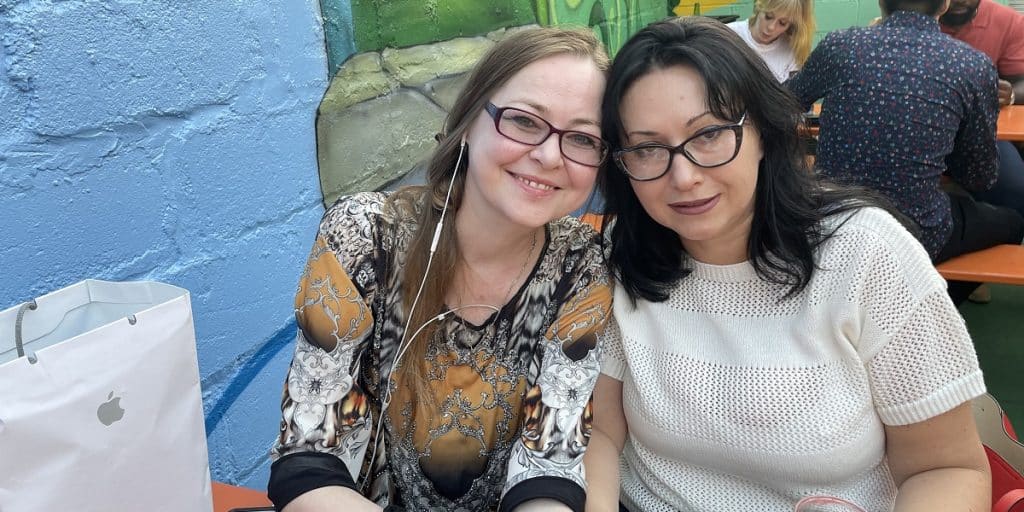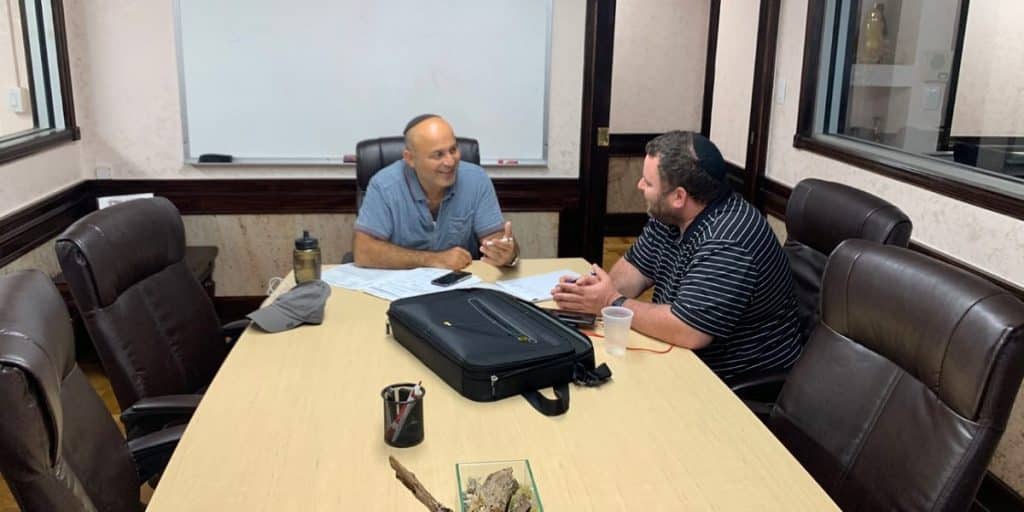
When you apply for a new residential mortgage, you will receive a disclosure that details the full amount of interest that you will pay over the life of your mortgage. This can be a jaw-dropping figure that could cause you to rethink your plans to buy a home for a short period of time. However, the reality is that a mortgage may be the cheapest debt that you will have over the course of your lifetime. If this is the case, why is your mortgage payment largely comprised of interest?
If you are like many other home loan applicants, you have selected a 30-year mortgage. One of the benefits of a fixed-rate mortgage like this is that the mortgage payment will be the same over the life of the loan. However, the interest charges each month will be based on the outstanding balance at that time. Because the balance is slowly reduced as you make each payment, the interest charged slowly reduces. While the monthly payment is unchanged, the payment will be comprised of an increasing amount of principal and a decreasing amount of interest.
What does this mean for you over the next several years? Your home equity will grow at a slower rate initially because most of your mortgage payments are being allocated to interest. If you remain in the home and do not refinance the mortgage, however, you will see that home loan equity grows at a faster pace over the years.
You can increase your home’s equity at a faster rate if you set up a shorter-term loan initially. You can also make larger mortgage payments each month or adopt other strategies to pay off your mortgage’s principal at a faster rate. Do you want to explore loan options for different term lengths? Contact our lending team at MortgageDepot today to learn more.
Connect with one of our loan consultants to learn more.
Have questions or need help?
Call us now at 800-220-LOAN
Request a call back or email us your questions!







